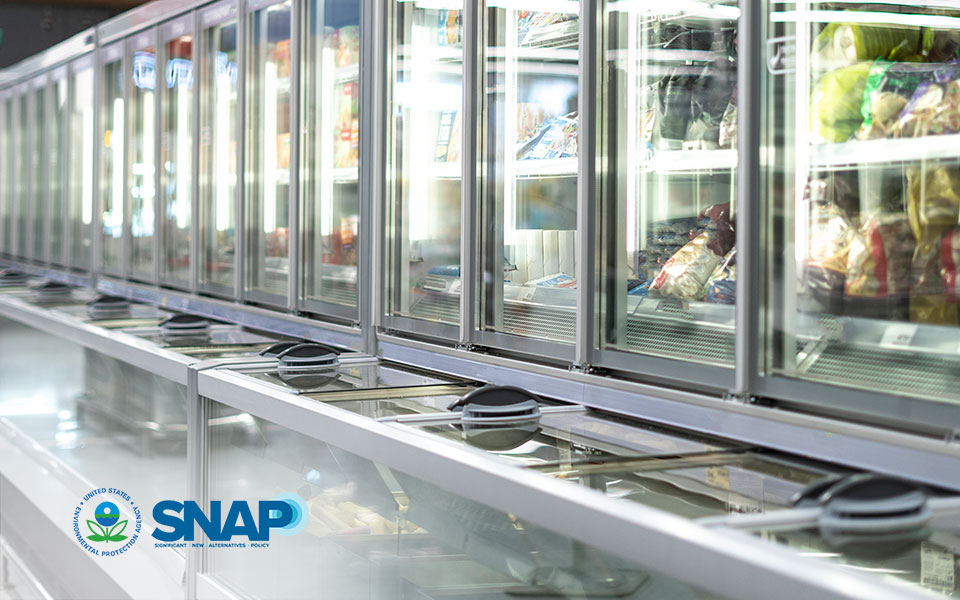*On June 1, 2023 Emerson’s Climate Technologies business became a new standalone company – Copeland. Though our name has changed, we are building on more than a century of HVACR innovation and industry leadership, and Copeland continues to offer the same products, industry stewardship, and learning opportunities you’ve grown to trust. Information found on this webpage posted before June 1, 2023 may contain our old name or branding, but you can be at ease knowing it was created with the knowledge and expertise of Copeland.

Leak detection program shrinks grocer’s carbon footprint and grows its bottom line
Refrigerant leaks are a persistent concern in the commercial refrigeration industry, and forward-thinking grocers are seeking ways to limit leaks, reduce their negative environmental impacts, and avoid the potential for significant Environmental Protection Agency (EPA) fines. For one prominent U.S. supermarket chain, these efforts have even become formalized in a leak detection program that serves as a key component in their corporate sustainability objectives.

To capture key performance data in the retailer’s network of 100 retail stores, Emerson utilized an existing refrigeration management controller at each location. Key data points measured to evaluate refrigerant levels included:
-
- Ambient temperatures
- Discharge pressures
- Liquid refrigerant levels
- Times of day
Using this time-based data to analyze equipment performance, smart fault detection algorithms in Emerson’s remote leak detection system established models that depicted normal liquid refrigerant levels in various operating conditions. Data and refrigerant level models were then consolidated and processed through Emerson’s Lumity™ services using cloud-based data analysis.
When the system detected a deviation in refrigerant level from an expected level for the given operating conditions, it generated an advisory notification reporting on the anomaly. Depending on the degree of deviation, the system issued a warning or alarm to Emerson’s Service center. There, a team of experienced refrigeration experts remotely performed triage to prioritize the advisory. Then, the system notified the appropriate parties in the retailer’s stores, providing additional information on the equipment, its operating condition, location and potential resolution steps. Critical situations that required immediate attention were routed directly to the chain’s contractor crews to perform on-site validation and necessary repairs.
After one year of participating in the Emerson remote leak detection program, the supermarket chain had reduced its refrigerant leaks by 25 percent, dropping its overall refrigeration leak rate to less than half of the industry average.
This 25 percent reduction in leaks equated to $560 savings annually in reclaimed refrigerant per store, totaling $56,000 annually for the 100-store network included in the pilot. Overall, the chain calculated it would achieve payback on its investment in significantly less than 24 months — the financial benchmark established for the program’s success.
Upon completion of the Emerson’s remote leak detection pilot, the supermarket chain was convinced of the program’s operational, financial and sustainability benefits. The retailer elected to expand the service beyond its network of 100 stores.

EPA SNAP Rule 26 Approves, Modifies Use Conditions for A2L and A3 Refrigerants
On May 28, the Environmental Protection Agency (EPA) pre-published its Significant New...

Refrigerant Transition Highlights the Importance of Leak Detection
*On June 1, 2023 Emerson’s Climate Technologies business became a new standalone company –...

Let the Refrigerant Phase-in Begin
*On June 1, 2023 Emerson’s Climate Technologies business became a new standalone company –...
